K-12 Technology News
Here you'll find the latest news from the education technology world, from the newest hardware and software releases to policy and funding updates to research reports to school and district tech initiatives. Looking for more in-depth coverage of important topics? Be sure to visit our Features page.
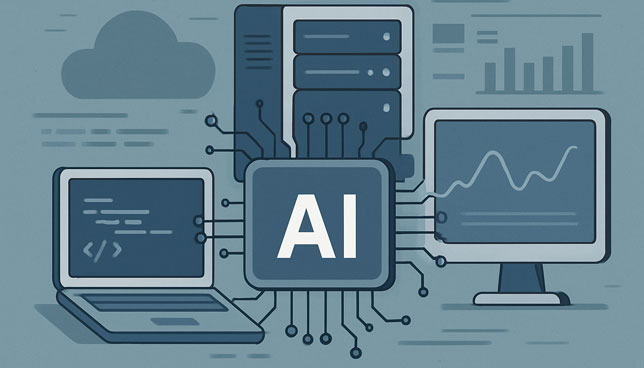
Hewlett Packard Enterprise and Nvidia have announced an expanded partnership to accelerate enterprise artificial intelligence adoption through new modular infrastructure and turnkey AI platform offerings.

In a 6-3 decision, the United States Supreme Court has upheld the constitutionality of the Universal Service Fund, the primary funding source behind the E-Rate program.
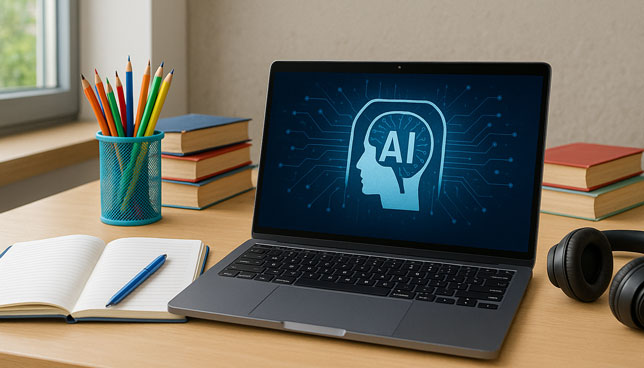
Ninety-three percent of students across the United States have used AI at least once or twice for school-related purposes, according to the latest AI in Education report from Microsoft.
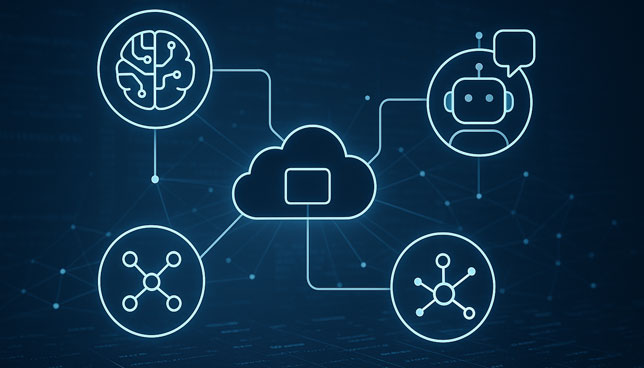
The Linux Foundation has announced it will host the Agent2Agent (A2A) protocol project, an open standard originally developed by Google to support secure communication and interoperability among AI agents.

IBM has introduced a new software stack for enterprise IT teams tasked with managing the complex governance and security challenges posed by autonomous AI systems.
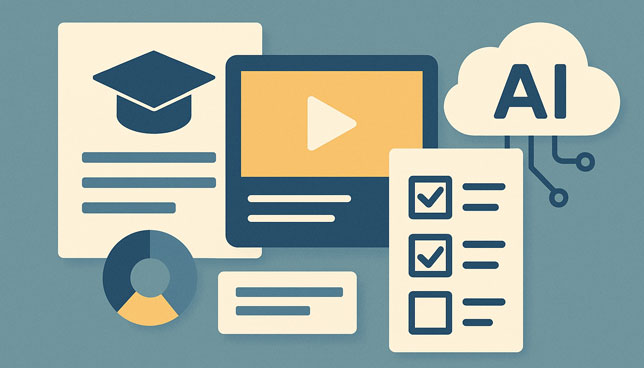
Learning platform Quizizz has become Wayground, in a rebranding meant to reflect "the platform's evolution from a quiz tool into a more versatile supplemental learning platform that's supported by AI," according to a news announcement.
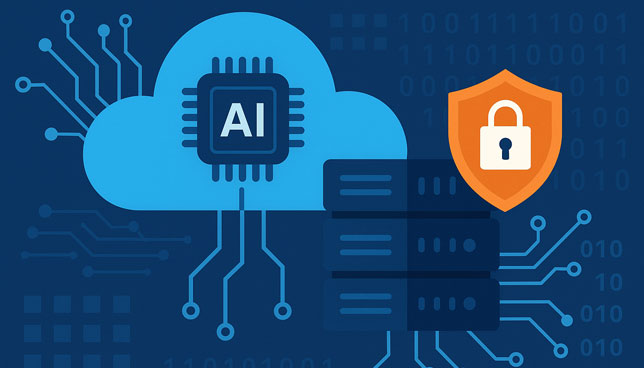
According to a recent report from cybersecurity firm Wiz, nearly nine out of 10 organizations are already using AI services in the cloud — but fewer than one in seven have implemented AI-specific security controls.
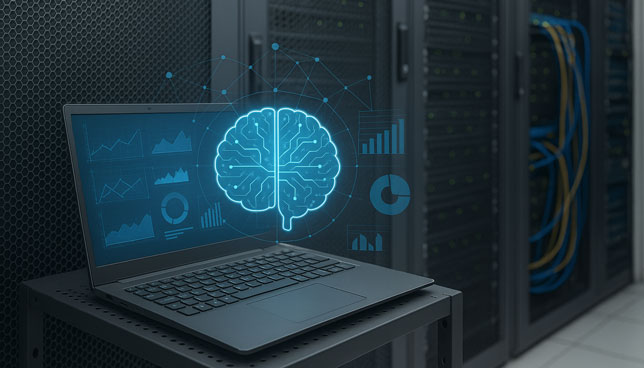
At its recent Cisco Live 2025 event, Cisco introduced AgenticOps, a transformative approach to IT operations that integrates advanced AI capabilities to enhance efficiency and collaboration across network, security, and application domains.

The Cloud Security Alliance has unveiled a new artificial intelligence-powered system that automates the validation of cloud service providers' (CSPs) security assessments, aiming to improve transparency and trust across the cloud computing landscape.
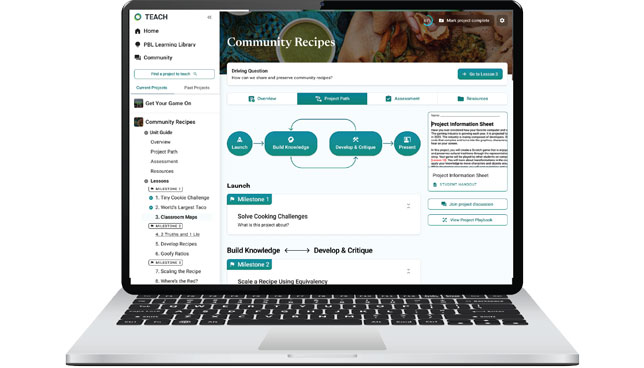
PBLWorks, the provider of professional development for project-based learning (PBL), has introduced PBLWorks TEACH, a web-based application that provides ready-to-use, standards-aligned PBL projects for middle school math, science, English language arts, and social studies.